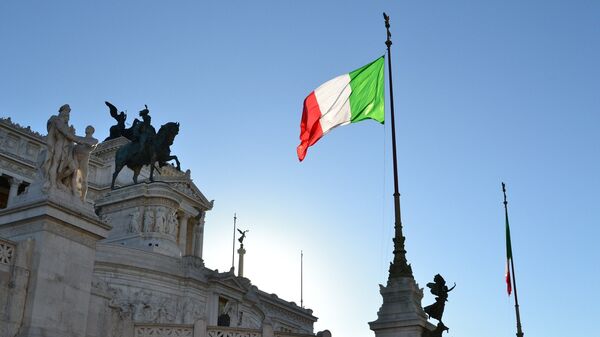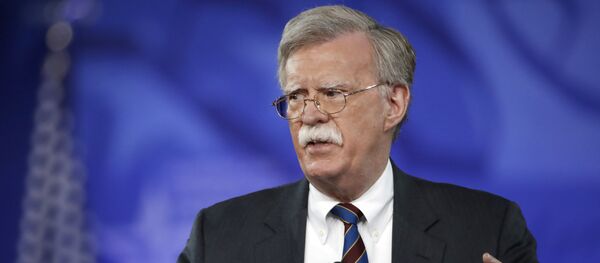Italy has recently shown a strong interest in expanding its presence in Africa, but as Nicola Pedde, director of the Institute for Global Studies, told Sputnik, Italy's political presence in Africa is still insufficient, and if it is not strengthened Italy risks losing opportunities in the region.
Sputnik: What are the economic interests of Italy in Africa?
Nicola Pedde: Italy has always pursued variable policies in Africa in both political and economic matters. For a long time there was confusion with regards to the development of the African market project, an alternative to the oil market. Our economic ties with Africa have always been mainly based around projects of the oil giant Eni, although in recent years there's been more interest in Italy towards the development of infrastructure and real estate in Africa. However, these initiatives are very rarely supported by the government.
If we try to count how many Italian prime ministers really engaged with Africa, then one hand will be enough. What is missing is a systematic approach to national interests of Italy in terms of economics and politics. Africa also suffers from a lack of medium and long-term planning that could create a strategy of action on the continent.
Nevertheless, Italian trade indicators in Africa have increased significantly, in particular, thanks to the efforts of non-governmental organizations, such as the Chamber of Commerce, which have done a great job in promoting certain sectors in infrastructure and light industry in the African market. At the state level, almost all measures were aimed only at supporting the oil and gas industry.
Nicola Pedde: Italy is paying for its long absence in Africa, it is trying to return to the region, but is no longer a privileged player as it was in the 60-70s. Today, the country must compete with much more competitive players.
Sputnik: You have to fight for influence in Africa, what do you think about the rivalry between Italy and France in the region?
Nicola Pedde: The interests of France and Italy run counter, starting with the Libyan issue, which is a huge problem as France opposes our interests. France has taken a number of steps against Rome's stance on the matter. France and Italy share the same position on security in the Sahel, but we do not have a plan for common action on other issues, so there is a risk that our interests will clash and we will enter into direct rivalry in the North African region.
We have competitors that are more important than France, mainly I mean China, with which the competition is apparent in the field of infrastructure. In addition, the UAE and Saudi Arabia are constantly investing in the East African region, and this region is of greatest interest to Italy. There is also a competition for the Gulf zone, for example, Somalia, where the rivalry between Saudi Arabia, the United Arab Emirates and Qatar is obvious. Each of these countries has its own specific goals. They know what they want to achieve in Africa in the next 20-30 years.
Italy, on the other hand, has not yet determined what exactly it wants to achieve, it is rather at the stage of assessing the situation, which leads to a loss of development opportunities. Thus, Italy risks becoming such an insignificant player in Africa that no one will even consider it as a rival.
Sputnik: Africa is the continent of the future which major powers are fighting over. Do you think that Italy will be able to improve relations with African countries in the future?
Nicola Pedde: I think that in Italy they've finally understood that relations with Africa will bring us economic and trade advantages. The big problem for Europe and countries such as Italy is that in Europe there's widespread belief that Africa is a poor and undeveloped continent. In fact, African countries all have completely different situations: although there are underdeveloped regions in which conflicts still rage, there are also regions with rapid economic growth and well-educated personnel, and you can invest in these regions.
Sputnik: Italy also needs to improve relations with African countries to solve the problem of the flow of migrants, what do you think?
Nicola Pedde: Of course, it is necessary to hold more bilateral meetings. Currently in Africa about 18 million Africans are trying to escape poverty, war and unemployment. Of these 18 million, only about 10% want to leave their continent and come to Europe. We must provide more opportunities for growth and employment in Africa, and then the flow of migrants will decrease. It is necessary to bring back the opportunity to invest in the African region and implement joint projects in Africa with such countries as Russia, China and the United States.
The views and opinions expressed in this article are solely those of the speaker and do not necessarily reflect Sputnik's position.






